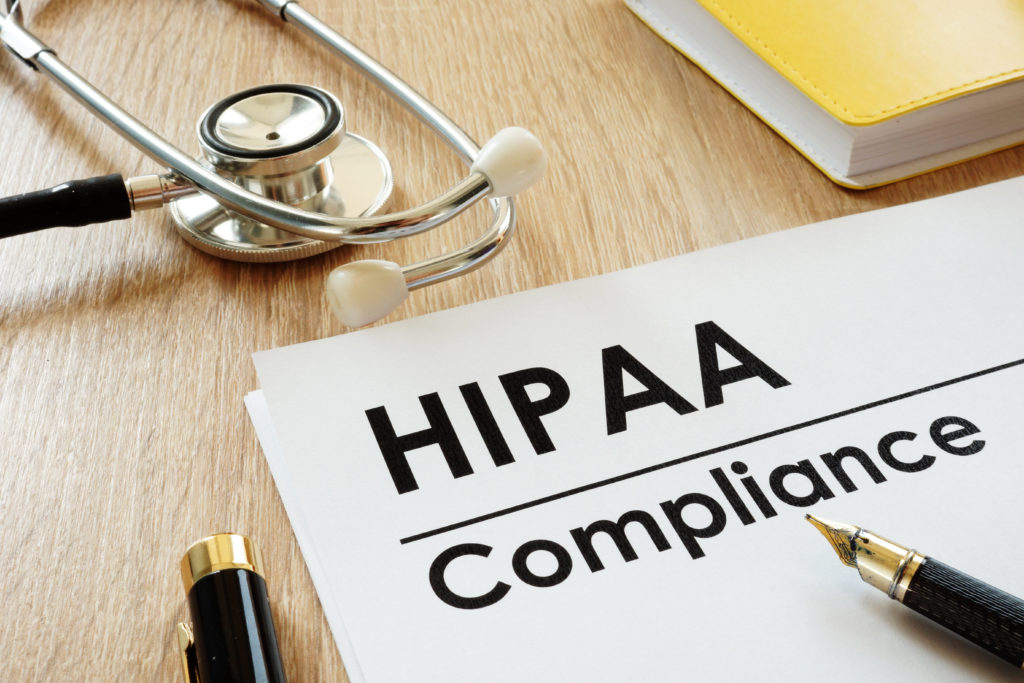If you’re a healthcare professional making sure you’re in compliance with HIPAA regulations is a vital part of daily operations. The law gives patients greater privacy control and helps to keep their data secure. As technology advances quickly, it’s crucial to ensure that the new system you choose to use remains in compliance with the guidelines set out by HIPAA.

HIPAA compliance can be a difficult process for organizations that struggle to grasp the law and the implications. HIPAA compliance is mandatory for health providers and people working in the insurance business. It is crucial to thoroughly study the rules and to ensure that the procedures are in place to remain compliant. While it might seem overwhelming but compliance with the law is essential. Compliance means better service and data security, as well as less fines. Understanding the HIPAA regulations and taking necessary steps will help businesses to ensure they’re following the required procedures.
Although HIPAA’s regulations may seem rigid, the focus on privacy and security measures is intended to guard information. To avoid any unlawful or uninformed disclosure of patient’s private information, greater protections have been required as the healthcare industry has shifted to electronic mediums such as Electronic Medical Records (EMR). Although guidelines have been set up, compliance with these regulations still needs to be continuously observed and enforced for individuals to remain secure. HIPAA is vigilant in these issues to ensure privacy and safety.
HIPAA offers a significant safeguard to medical professionals working in areas and to patients whose records are maintained. It permits covered entities as well as business associates (BAs), the freedom to decide whether they should use an addressable execution specification. This decision can be based on several factors, such as a risk analysis, mitigation strategy, existing security measures, and cost of implementation. CEs and BAS can take a look at alternatives or opt to avoid implementing the measure in full due to their particular circumstances. HIPAA encourages them in making educated decisions about data security and protection. They also need to keep a proper balance between technical security and control of the user.
Organizations can gain significant benefits by achieving HIPAA compliance. Being in compliance with regulations set out under the Health Insurance Portability and Accountability Act, (HIPAA), can assist organizations in protecting their clients’, patients’, and customers’ health information. It will guarantee that it remains secure and private. Compliance ensures that the medical information of individuals are not made available for personal use or for the benefit of their healthcare providers. HIPAA compliance provides individuals with the freedom to make informed choices about the way their personal medical information is handled and used. It also permits them to be confident that their data is not accessible or altered by other entities without their consent. Additionally, HIPAA compliance mitigates reputational risk for businesses by making them less vulnerable to legal or financial ramifications resulting from the misuse of patient data because of insufficient security measures. HIPAA compliance is a way to ensure that patients have a pleasant experience and more secure their personal medical records.
This is just one of the numerous considerations to consider when complying with HIPAA. To ensure that you are in compliance you need to have a good understanding of the law. Also, speak with experts who can help to understand the law and establish the procedures and systems. Although it can seem difficult to enforce compliance, it’s vital to protect the rights of your patient as well keeping the confidentiality of your patients.
For more information, click hitech subtitles
